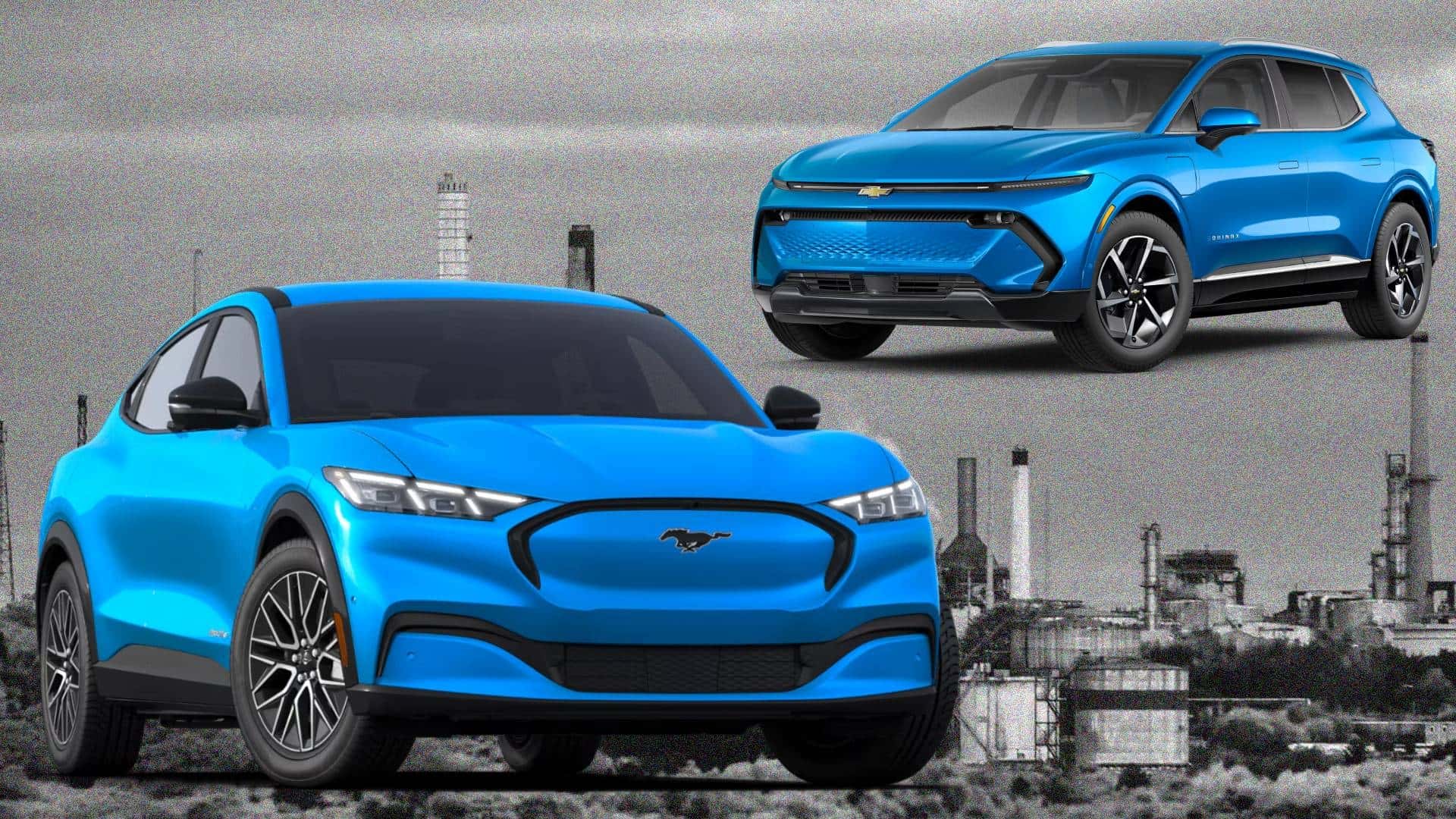The Global Shift to Electric Vehicles Continues Unstoppable
Electric vehicles (EVs) are already making a significant impact on global oil demand, displacing millions of barrels of oil per day. This shift is not just a temporary trend but a long-term transformation that is expected to accelerate over the next decade. Despite recent setbacks in certain regions, the global movement towards cleaner energy sources remains strong and unstoppable.
The United States recently passed legislation that has been criticized for favoring the fossil fuel industry. This law ended federal tax credits for clean energy programs such as solar, wind, and electric vehicles years ahead of schedule. It also provided tax breaks to oil and gas companies for drilling and development costs. Additionally, it allowed U.S. companies to emit more methane, a potent greenhouse gas, without facing penalties. These changes have raised concerns among climate scientists and environmentalists, who warn that they could negatively affect air quality and public health.
However, despite these challenges, the future of zero-emissions road travel is still looking bright. According to research firm BloombergNEF’s Electric Vehicle Outlook 2025, EVs are expected to continue displacing millions of barrels of crude oil each year. Even if the U.S. slowdown results in fewer EV sales globally by 2030, the broader transition towards cleaner energy will continue to progress across the world.
The Decline of Oil Consumption
The decline in oil consumption is becoming increasingly evident. In 2018, the first million daily barrels of road fuel displacement happened due to early adoption of EVs. Owners who switched to electric vehicles stopped visiting gas stations, leading to a loss of regular customers for petroleum companies. Studies show that most car buyers who switch to EVs do not return to gas-powered vehicles.
By 2024, the world was displacing two million barrels of road fuel per day. For reference, this amount is almost equal to how much the entire country of South Korea uses in a single day. By the end of the decade, EVs are expected to displace more than five million barrels of road fuel per day. The U.S. consumed around 20 million barrels of oil daily in 2023, according to the U.S. Energy Information Administration. Had clean energy policies remained in place, this number might have dropped even faster. However, with Europe and China pushing forward with EV adoption, the U.S. is now lagging behind.
Big Oil’s Response to the EV Revolution
The projected decline in oil demand has forced major oil companies to rethink their strategies. They are now making significant investments in the EV sector, including charging infrastructure and battery materials. In 2023, Business Insider reported that big oil companies have grand plans to become leaders in the EV market.
Chevron has acquired 125,000 hectares of land in Texas and Arkansas for lithium extraction, a key component in EV batteries. BP is rapidly purchasing charging hardware from Tesla and Alpitronic, while Shell Recharge, the oil company’s charging division, is investing in charging stations worldwide. Shell opened its largest charging station in Shenzhen in 2023, featuring 258 fast-charging stalls at one location.
The Future of the Oil Industry
Despite the short-term benefits that the recent legislation may provide to the fossil fuel industry, the long-term outlook for oil is bleak. The global momentum for EVs and other forms of clean energy means that oil displacement will continue to grow, even without the U.S. leading the charge. While Washington D.C. may celebrate its fossil fuel-friendly policies for now, the fate of the oil industry appears to be already decided.
As the world moves towards a cleaner and more sustainable future, the role of electric vehicles will only become more significant. The transition to clean energy is not just a possibility—it is an inevitability.






